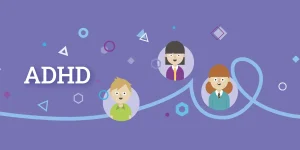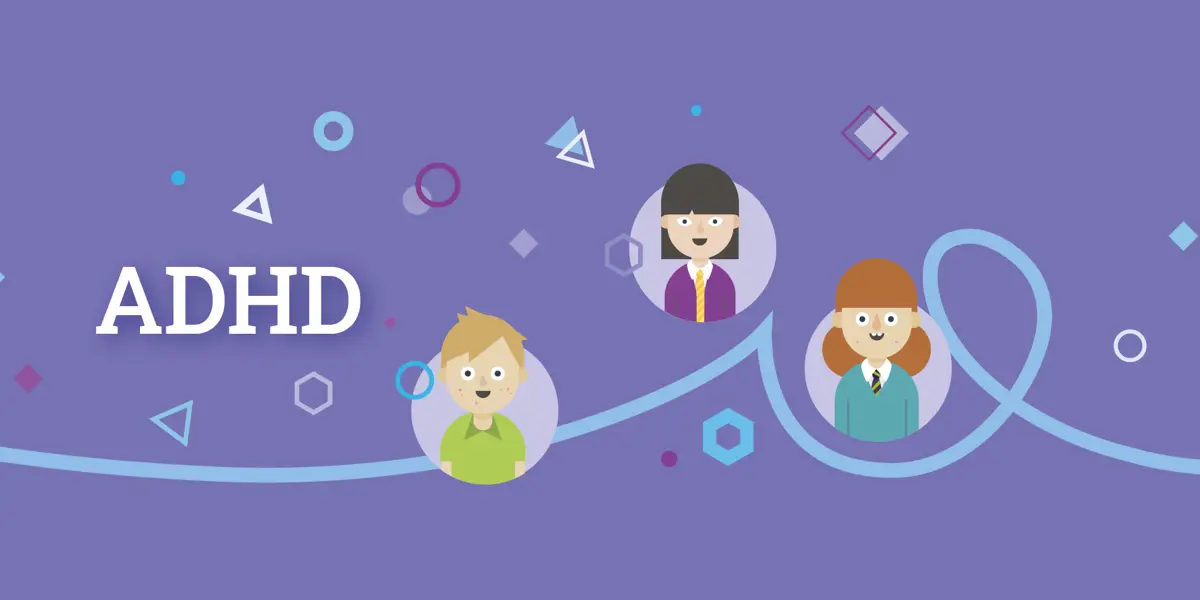Attention-Deficit/Hyperactivity Disorder (ADHD) is a neurodevelopmental condition that can impact a person’s attention, impulse control, and activity levels. If you or your child show symptoms of ADHD, a professional evaluation is the first important step toward understanding and managing the condition. This guide will walk you through the five essential steps involved in an effective ADHD evaluation process.

If you need professional support, consulting the best psychiatrist in Delhi can provide valuable insights and personalized strategies for ADHD. Consider Visiting:
1. Understanding the Need for ADHD Evaluation
ADHD evaluations are crucial when persistent symptoms such as inattention, hyperactivity, and impulsivity begin affecting daily functioning at home, school, or work. Common signs include difficulty focusing, forgetfulness, restlessness, and trouble following instructions. Early evaluation helps in identifying challenges and creating an appropriate support plan.
According to the Centers for Disease Control and Prevention (CDC), early diagnosis and intervention can significantly improve outcomes.
2. Consulting a Qualified Healthcare Professional
The ADHD evaluation process begins by consulting a qualified healthcare professional. This can include a child psychologist, psychiatrist, pediatrician, or clinical psychologist who specializes in developmental conditions. These experts use standardized tools and clinical judgment to assess symptoms and rule out other conditions that might mimic ADHD.
An accurate diagnosis depends on gathering comprehensive information about behavior patterns over time and across different settings.
3. Comprehensive Clinical Interview and History
One of the most critical steps in ADHD evaluation is the clinical interview. During this session, the healthcare provider collects detailed information about:
-
Current symptoms and their severity
-
Medical history and developmental milestones
-
Family history of ADHD or related conditions
-
Academic and social functioning
Parents, teachers, and even close family members may be asked to provide insights through structured questionnaires and rating scales. This step ensures that the evaluation covers every aspect of the individual’s life.
4. Behavior Rating Scales and Observation
Standardized behavior rating scales are an integral part of the ADHD evaluation process. These tools compare observed behaviors against norms for age and gender, providing objective data to support clinical impressions. Some commonly used tools include:
Observation in different environments such as home and school helps confirm that symptoms are present in multiple settings, which is a key criterion for ADHD diagnosis according to the Diagnostic and Statistical Manual of Mental Disorders (DSM-5).

5. Rule Out Other Conditions and Final Diagnosis
ADHD symptoms often overlap with other conditions such as anxiety disorders, learning disabilities, or sleep issues. A thorough evaluation involves ruling out these possibilities through:
Once other conditions are excluded, and the ADHD criteria are met, the healthcare professional can make a formal diagnosis. This step allows for creating an individualized treatment and support plan, including behavioral therapy, school accommodations, and family support.
For more detailed guidance on ADHD evaluation and diagnosis, refer to the CDC’s.
The Role of Psychiatrists and Medication in ADHD Management
Once ADHD is properly evaluated and diagnosed, psychiatrists play a crucial role in managing the condition. They are qualified to develop personalized treatment plans that may include behavioral therapies, counseling, and, when appropriate, medication to help regulate attention and impulse control.

Conclusion
An effective ADHD evaluation is a multi-step process that ensures accurate diagnosis and personalized care. By following these five essential steps—recognizing the need, consulting professionals, conducting thorough interviews, using behavior scales, and ruling out other conditions—you can set the foundation for better management of ADHD.
Early evaluation not only helps in creating tailored interventions but also improves quality of life for individuals with ADHD and their families. If you suspect ADHD, don’t hesitate to consult a qualified professional and start the evaluation process today.

